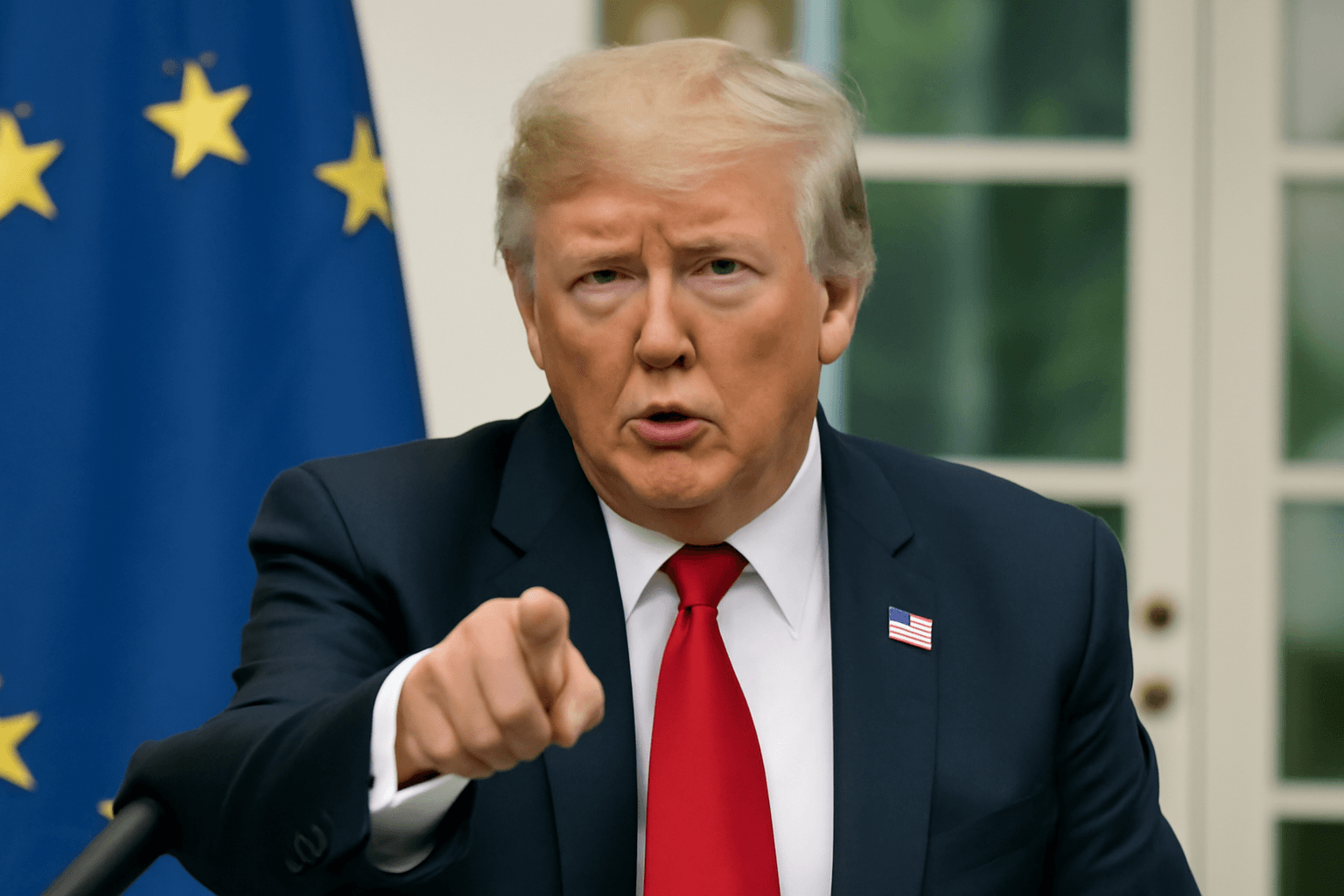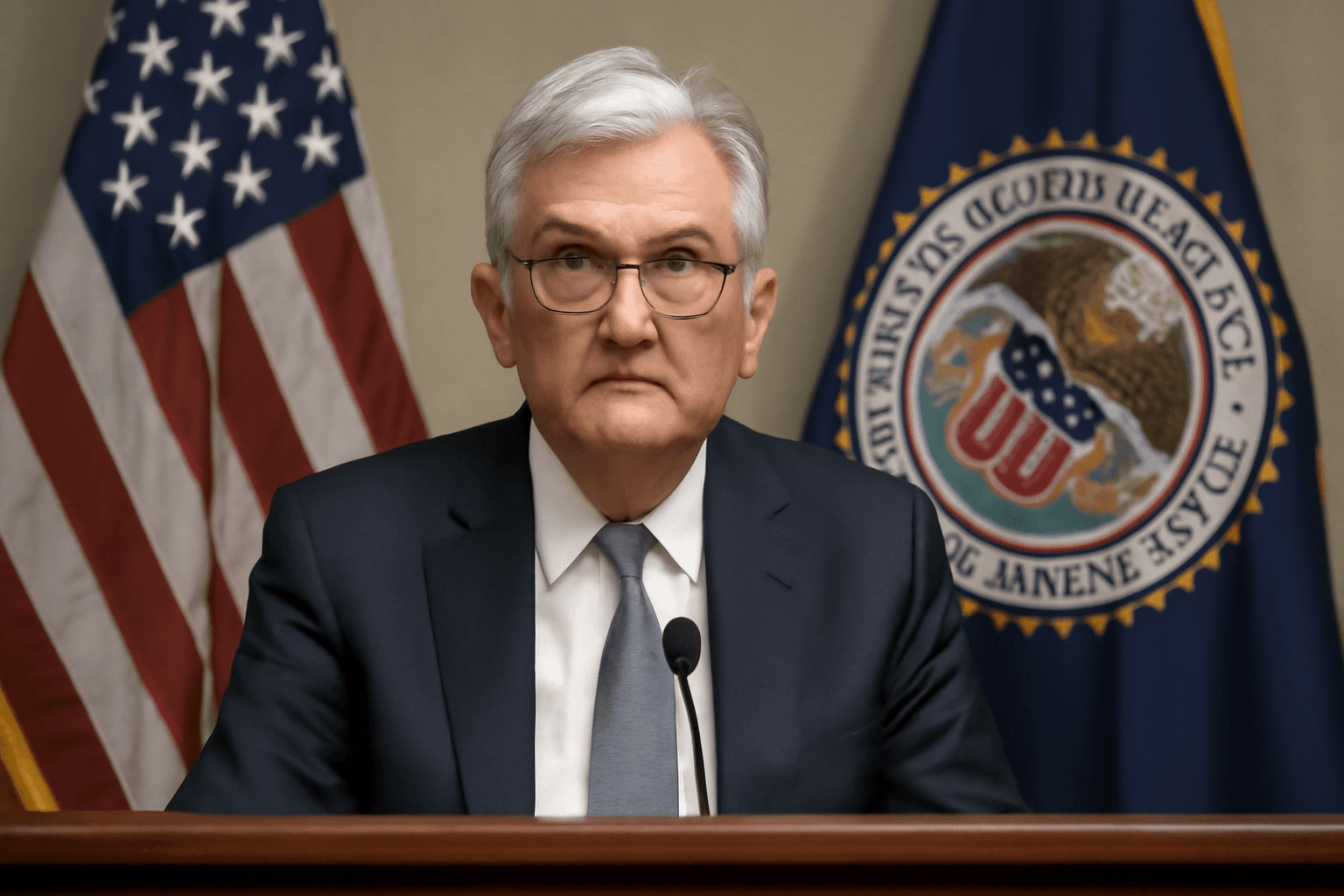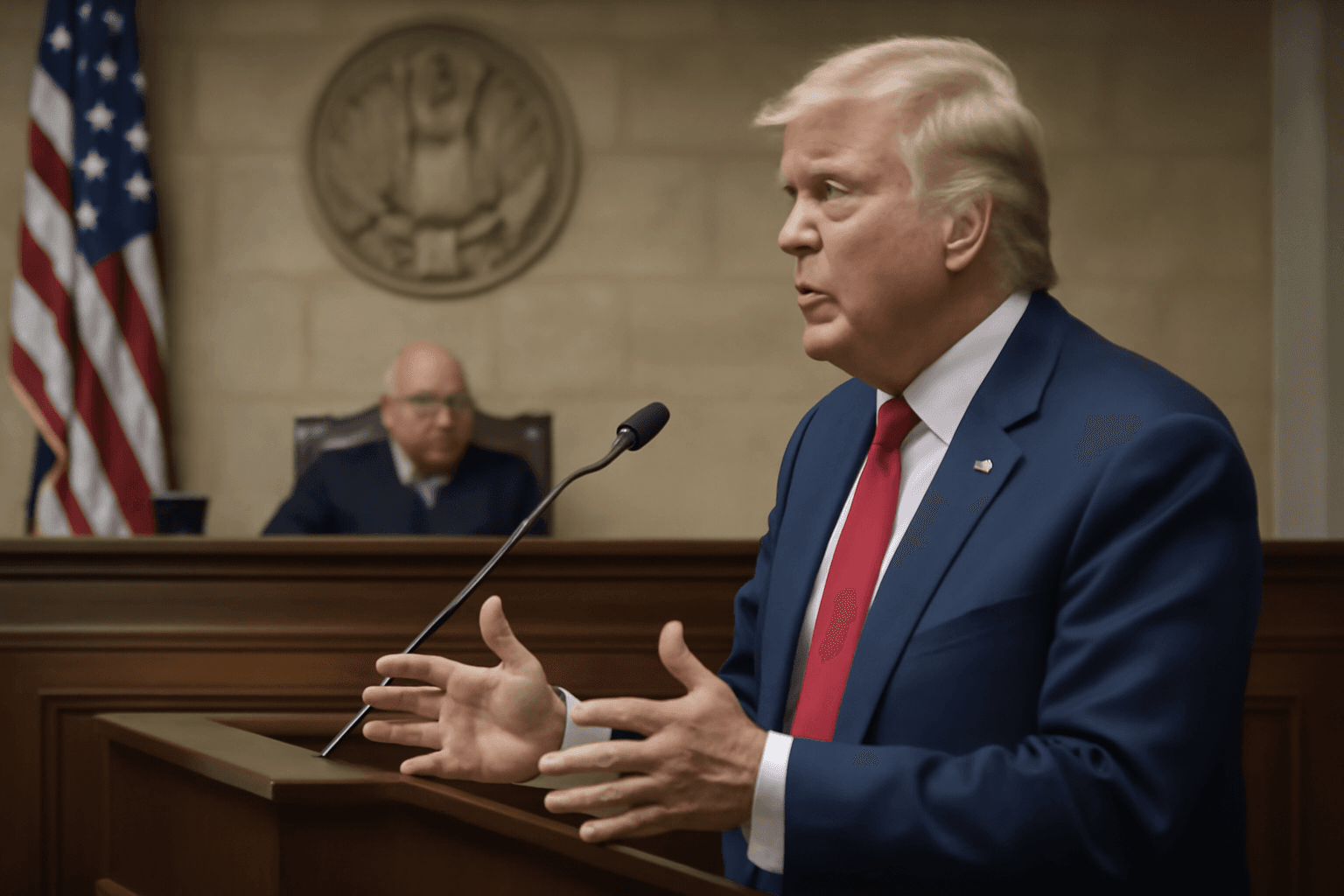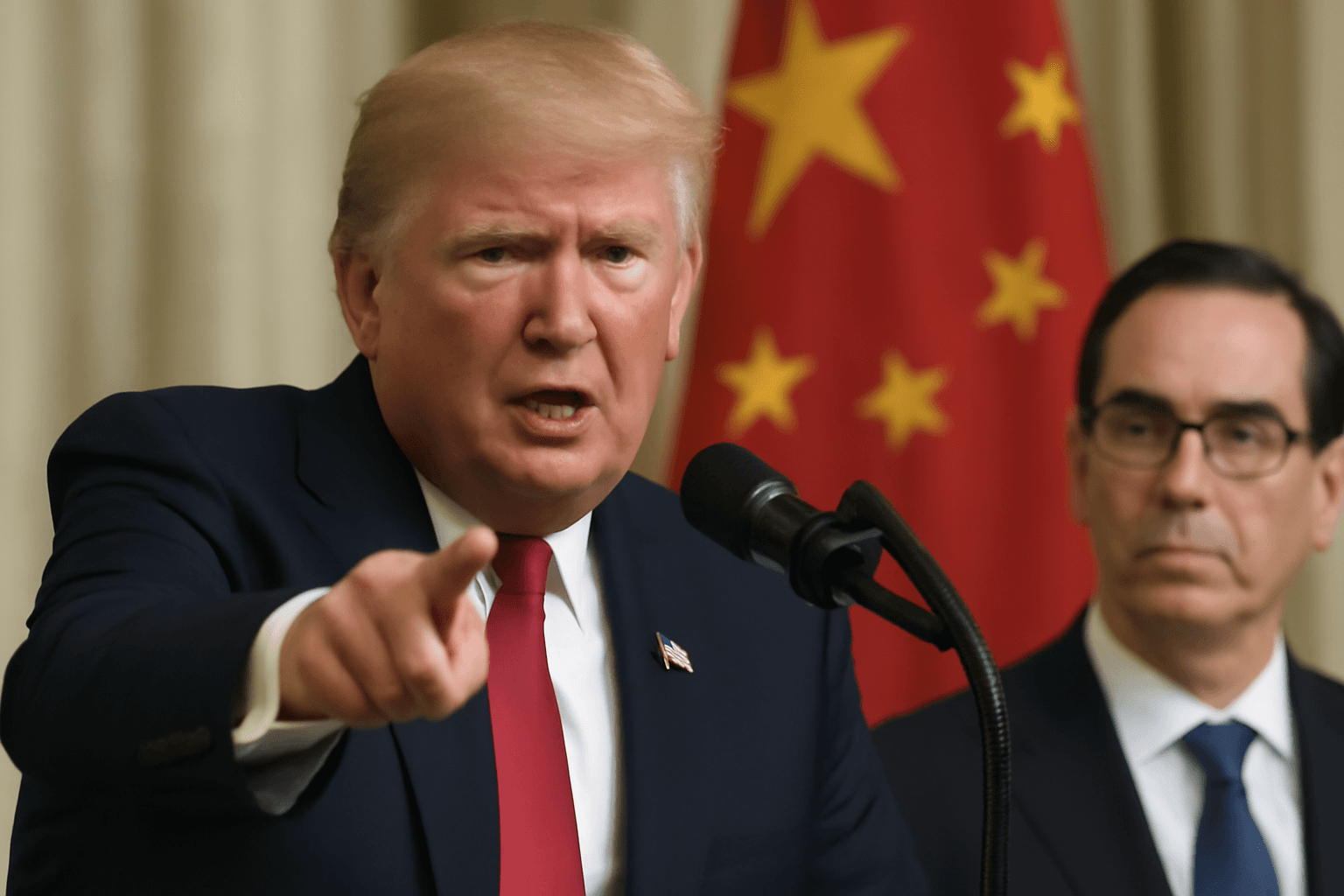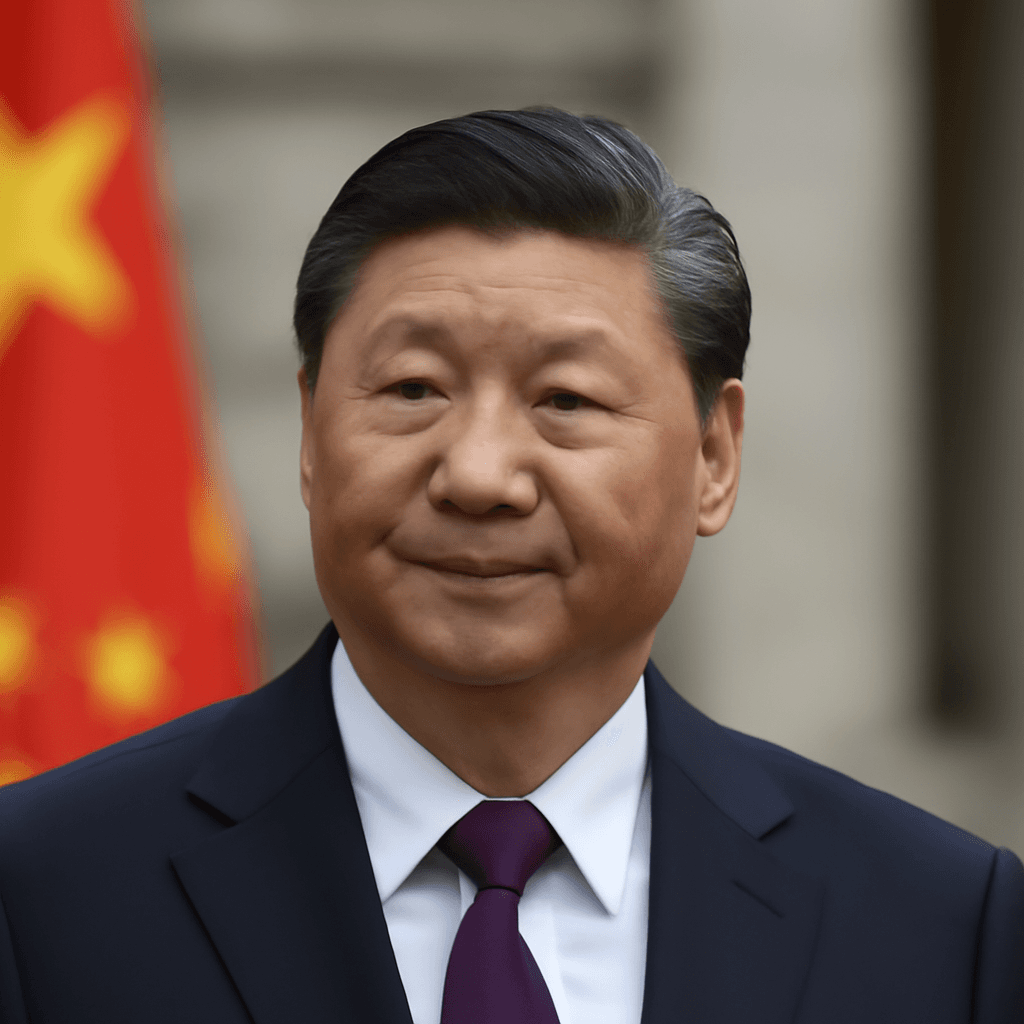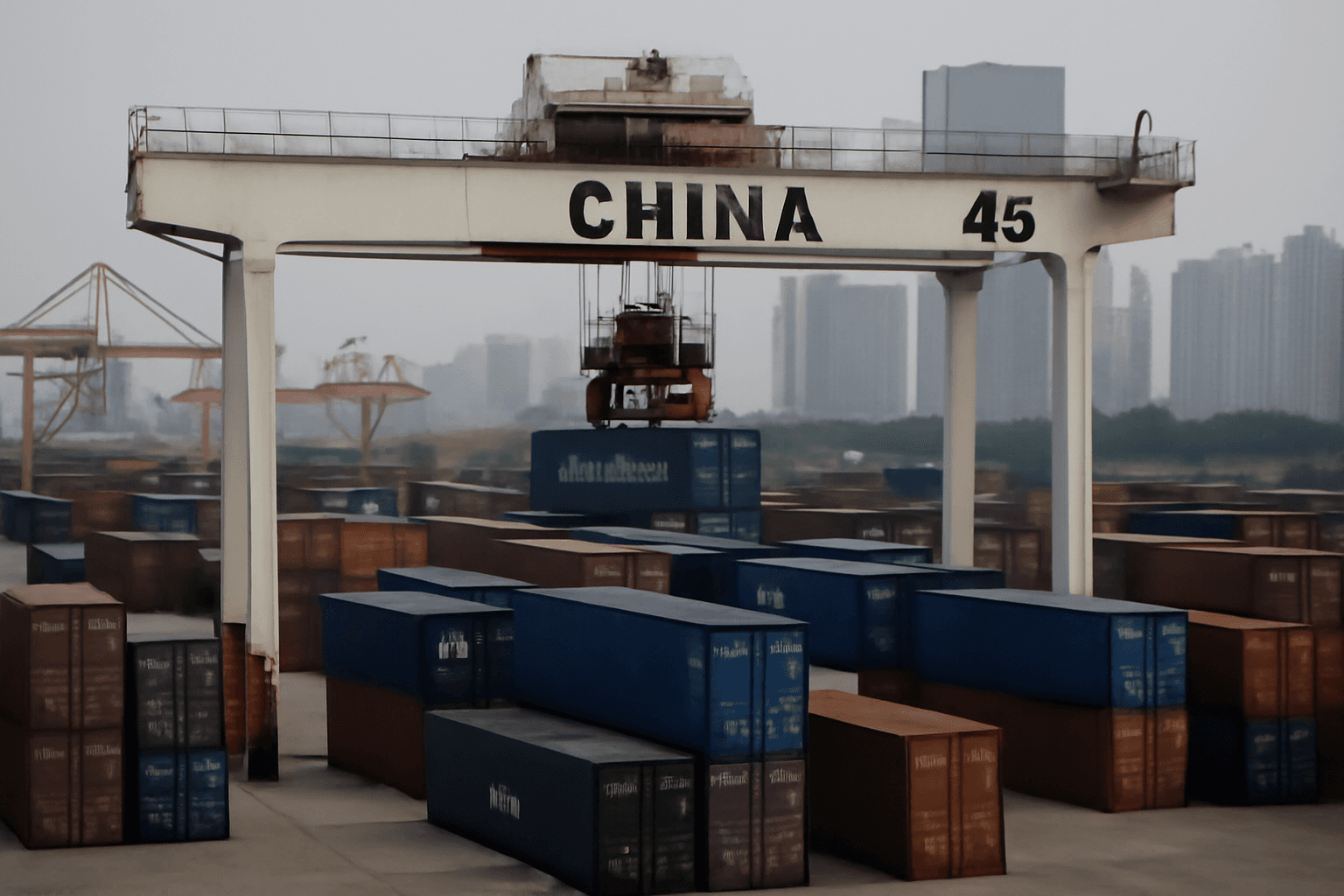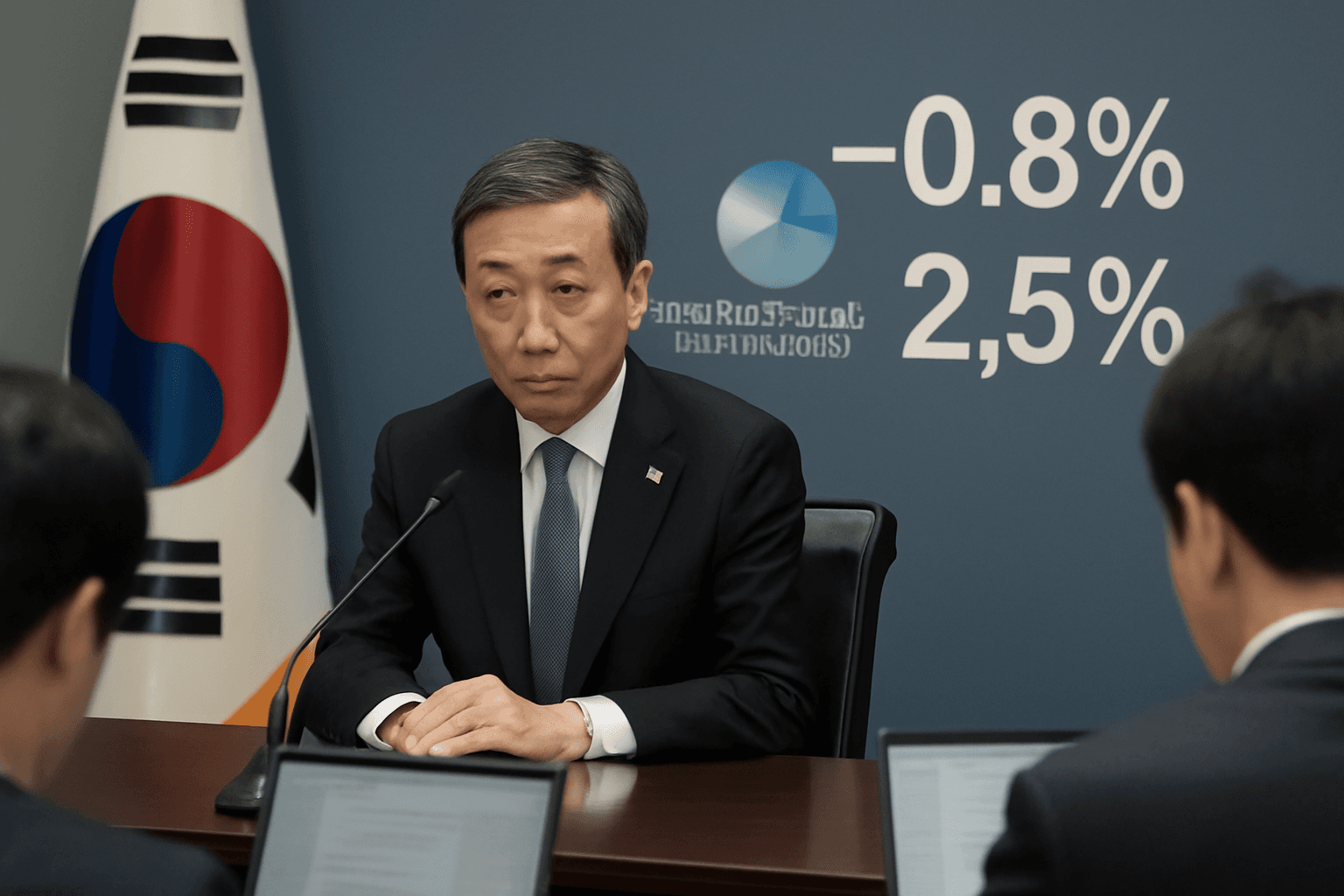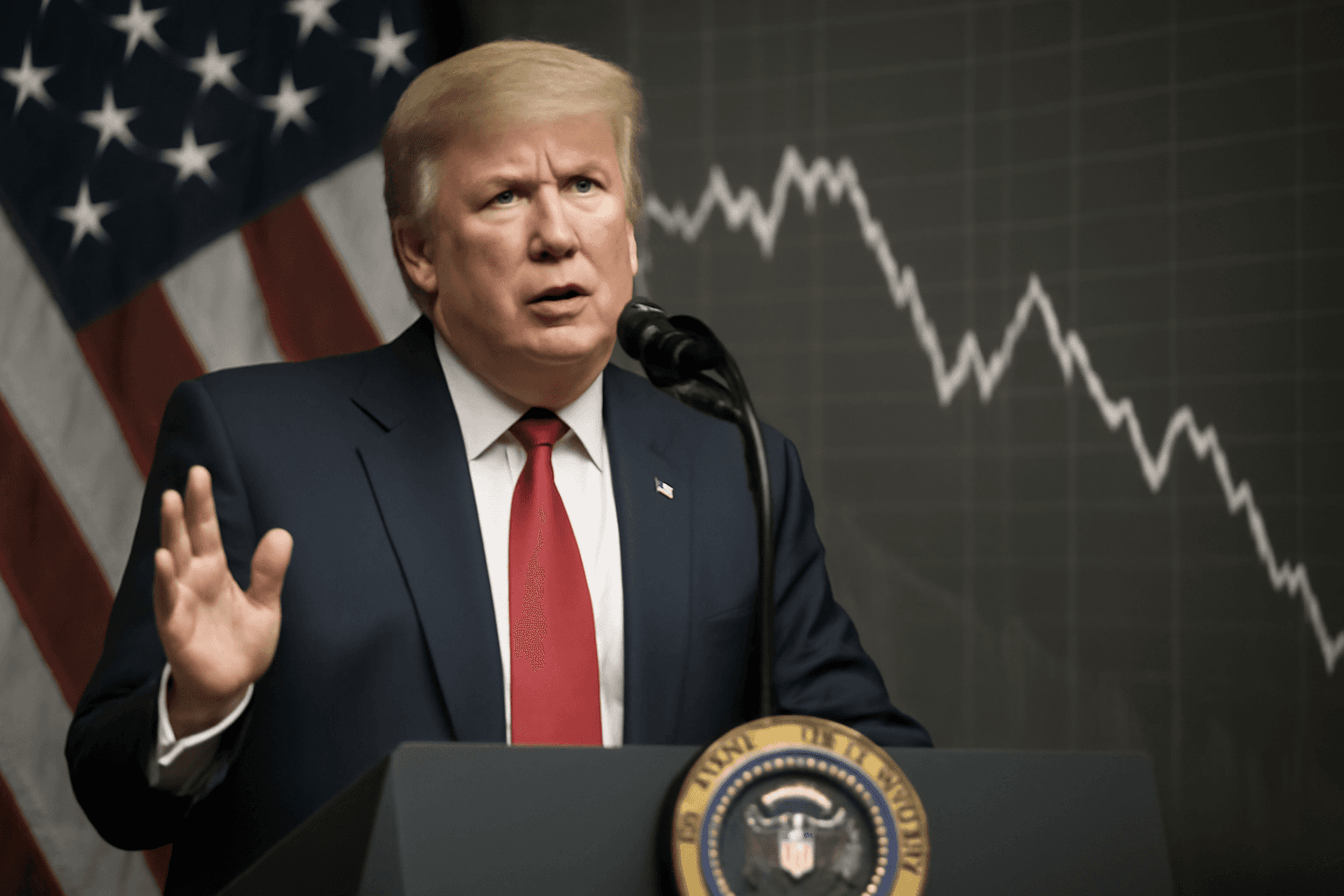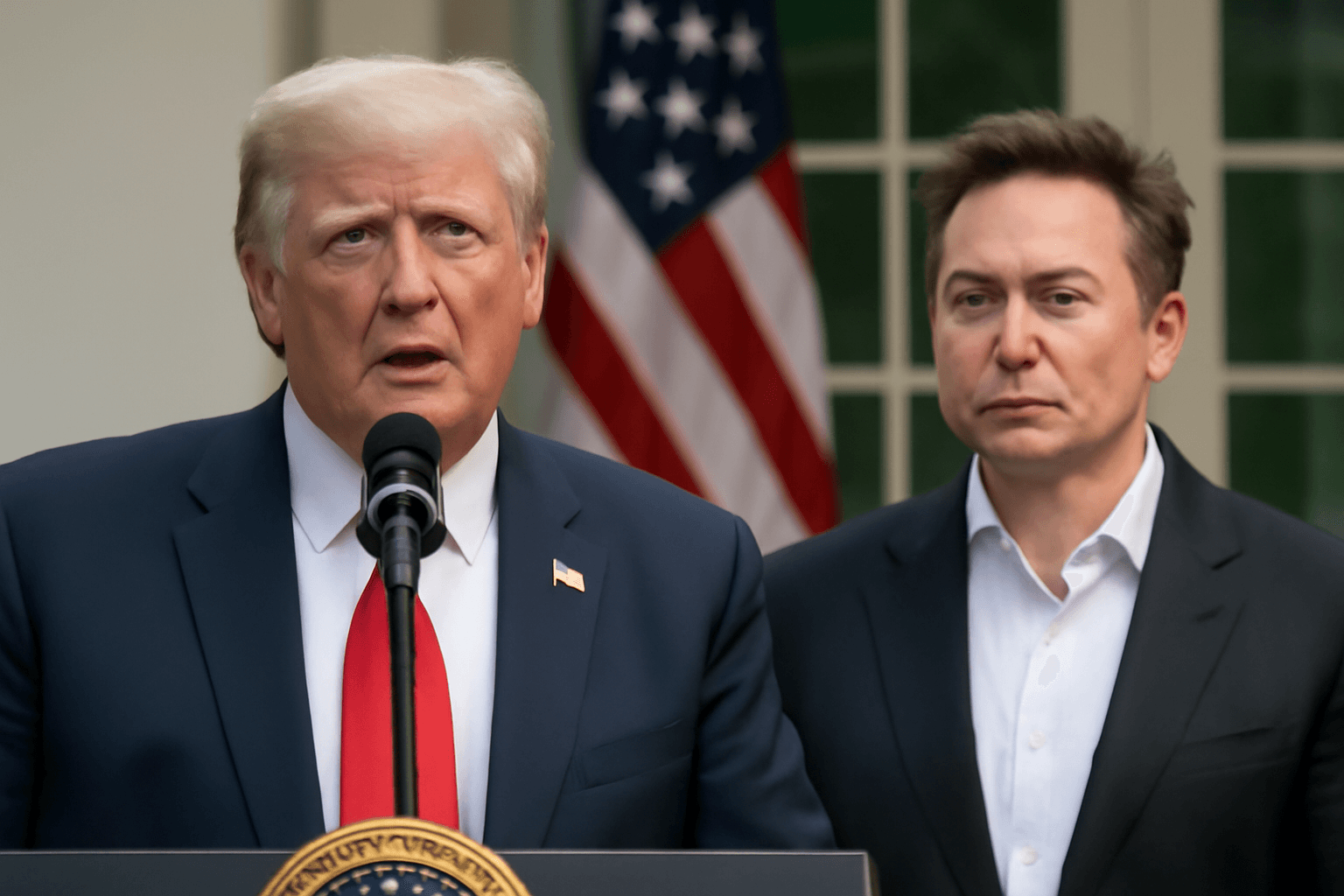The sustainability of the recent robust stock market rally will largely depend on the upcoming employment data amid ongoing tariff-related economic disruptions. The S&P 500 has surged nearly 6% this month, while the Nasdaq Composite, boosted by advances in artificial intelligence-related tech stocks, has climbed almost 9%. Notably, Nvidia's strong quarterly performance propelled its shares up more than 23% in May.
Despite these gains, concerns persist about potentially excessive investor optimism, as the S&P 500 currently trades at a forward price-to-earnings ratio of around 21, levels reminiscent of early-year peaks when a market pullback seemed probable.
Trade tensions remain elevated. Initial optimism following a preliminary US-China trade deal two weeks ago has diminished after renewed remarks raising fears of a prolonged tariff conflict. Nonetheless, equity markets have demonstrated resilience amid macroeconomic challenges, continuing gains despite elevated interest rates and recession warnings.
Underlying investor confidence stems largely from sustained consumer spending, which accounts for two-thirds of economic activity. Market participants are closely watching May's employment report, forecasted to show the economy adding 125,000 jobs—a slowdown from April's 177,000. Results meeting or exceeding expectations may support the market, while disappointing figures could trigger volatility.
Labor market conditions remain relatively tight, with employers reluctant to reduce staff due to hiring difficulties experienced during the pandemic. However, signs of tariff-related economic drag are emerging, including a decline in durable goods spending and increased personal savings, suggesting households may become more cautious.
The tariff debate is further complicated by recent legal decisions affecting the administration's levies and concerns over potential escalation in trade hostilities. Investor bets on a lenient trade stance may prove risky if tensions intensify unexpectedly.
Key Economic Events Scheduled for June 2-6
- June 2: S&P Manufacturing PMI, Construction Spending, ISM Manufacturing, Campbell's quarterly earnings
- June 3: Durable Goods and Factory Orders, JOLTS Job Openings, earnings from Hewlett Packard Enterprise, CrowdStrike, and Dollar General
- June 4: Composite and Services PMI, ISM Services PMI, Federal Reserve Beige Book, Dollar Tree earnings
- June 5: Jobless Claims, Unit Labor Costs, Productivity, Trade Balance, earnings from Broadcom, Brown-Forman, Fastenal
- June 6: Hourly Earnings, Workweek, Manufacturing and Nonfarm Payrolls, Participation Rate, Unemployment Rate, Consumer Credit release
These releases will offer further insight into the trajectory of economic growth and labor market dynamics amidst ongoing trade uncertainties.





